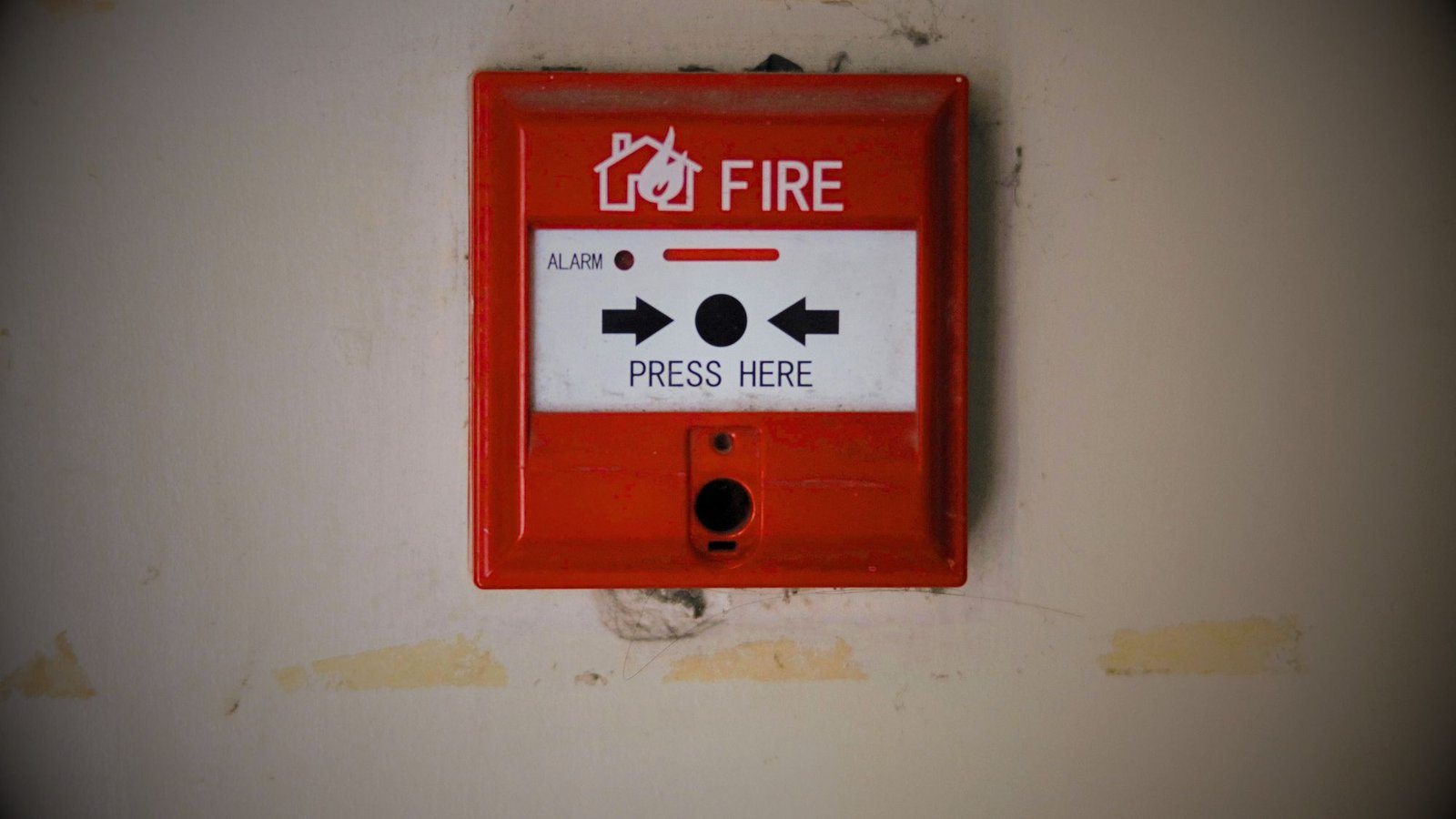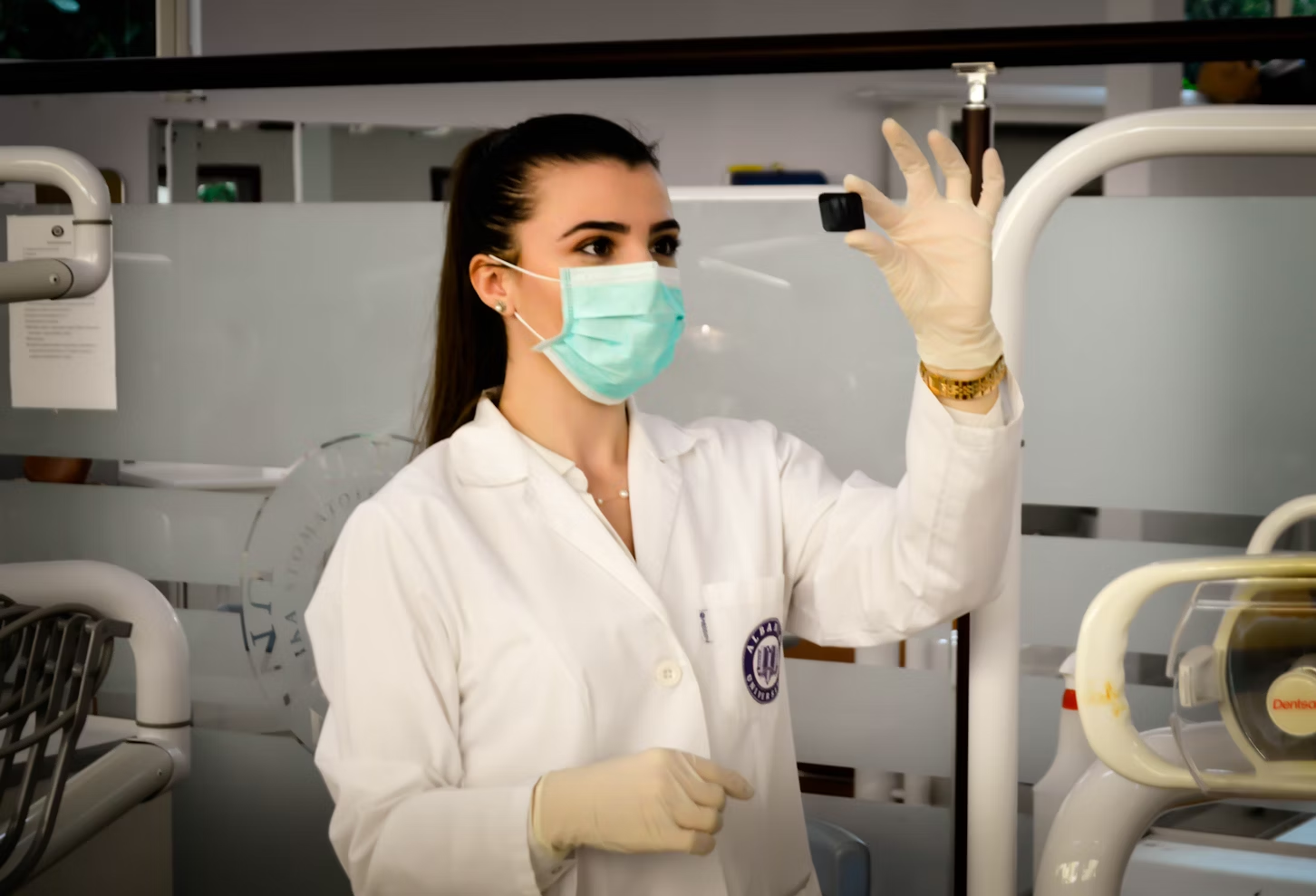Why Is It Crucial to Test Your Fire Alarm System Regularly?

It will therefore be very important that your fire alarm systems be put frequently through tests to confirm that the building, as well as all occupants, are secure. A good fire detection system always operates effectively and responds to fire or smoke signals quickly so that people are alerted in the event of a fire and minimal losses are experienced. Inspections also assist in determining whether some vices exist, which have the potential to affect the system and therefore assist in correcting them. Furthermore, the monitoring also checks that different guidelines have been complied with and could see cheaper insurance premiums. Failure to test your commercial fire alarm systems may result in undetected flaws, longer response times during disasters and potentially disastrous consequences for your organization.
Ensure Robust Fire Alarm Operation:
As with any other technological instrument that can be applied in fire detection it must be appreciated that these fire detection systems may develop some forms of faults or defects over their useful life. Offshoots of the evaluation process indicate that the system ‘members’; which include sensors, control panels and sounders, act appropriately. This assists in eliminating what might be seen as mere blips, in making certain that the alarm system is okay in cases when a fire is real.
Early Discovery Can Save Lives:
A fire alarm system comes in handy when there is either smoke or fire and it alerts you of the presence of the danger. Sufficient inspection of the fire alarms ensures that they work properly in the detection of an eruption and subsequently the evacuation process. But fire detection systems that will guarantee that they are in the right conditions, responsive to detection and capable of producing the desired sound alarm at the right time can be life savers.
Early Detection of Wear and Tear:
Fire alarms, like other electronic mechanisms, are susceptible to wear and tear. Ongoing examinations can discover concerns such as corroded battery power, dust collection, and wiring faults, allowing them to be addressed before they become major defects.
Avoiding False Alarms:
False alarms may be disruptive, expensive, and damage your reputation. Regular testing of your fire alarm system can assist limit the amount of incorrect alarms by identifying and correcting problems that could result in undesired warnings. By taking steps to correct these errors, you may avoid the inconvenience and potential costs associated with incorrect notifications.
Extending the Life of Your System:
Similar to other systems, merely having scheduled maintenance examination, and evaluation of the fire detection system can be useful in extending its life. This means that one can always address the issues as they develop in a bid not to sustain serious charges that may extend up to the need to replace the entire system.
Saves Money:
It is always more cost-effective to prevent a fire at your organization. Furthermore, if you can demonstrate that you correctly test and examine your fire detection systems and devices, you may be eligible for business discounts from your insurance provider!
Comply With Insurance Requirements:
Of course, the cost savings are a great benefit, but your insurance company also demands that you have a dependable fire alarm system in place. If you do not get your system examined and tested, your insurance provider may refuse to pay for a fire damage complaint.
The Role of Professional Testing:
While some components of fire alarm testing can be completed in-house, it is critical to incorporate professionals in the process. Certified fire alarm technicians have the expertise and supplies needed to perform thorough checks on every part of a system, involving control panels, detectors, and alarms. Professional testing ensures that your system satisfies all legislative criteria and performs properly, giving you peace of mind that your structure is safe.
Creating a Test Schedule:
This requires developing a preventive and reliable analysis schedule that would in a way guarantee that the fire alarm system is in its right state. The recommendations are based on the size and the type of the system. And need to be done on a monthly, quarterly or annual basis. Your schedule should include both internal assessments and expert examinations.
Final Words:
Annual inspections of your fire alarm system are not just about compliance. With the legal requirements they are about offering the people who occupy the building the safest experience possible. Scheduling ensures your system performs optimally. And you are alerted to fire risks and experience fewer losses and risks to lives. It also helps to meet the safety requirements, reduces the expenses on the insurance. And excludes interruptions in the work of your organization.










